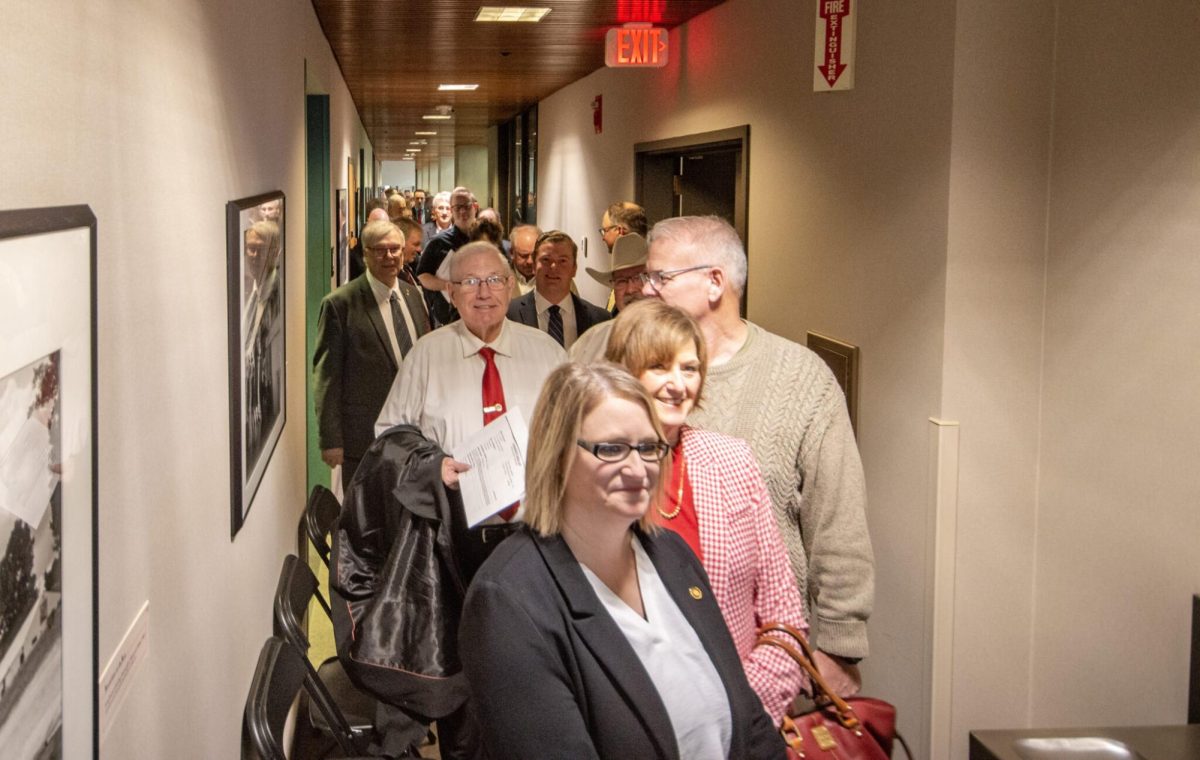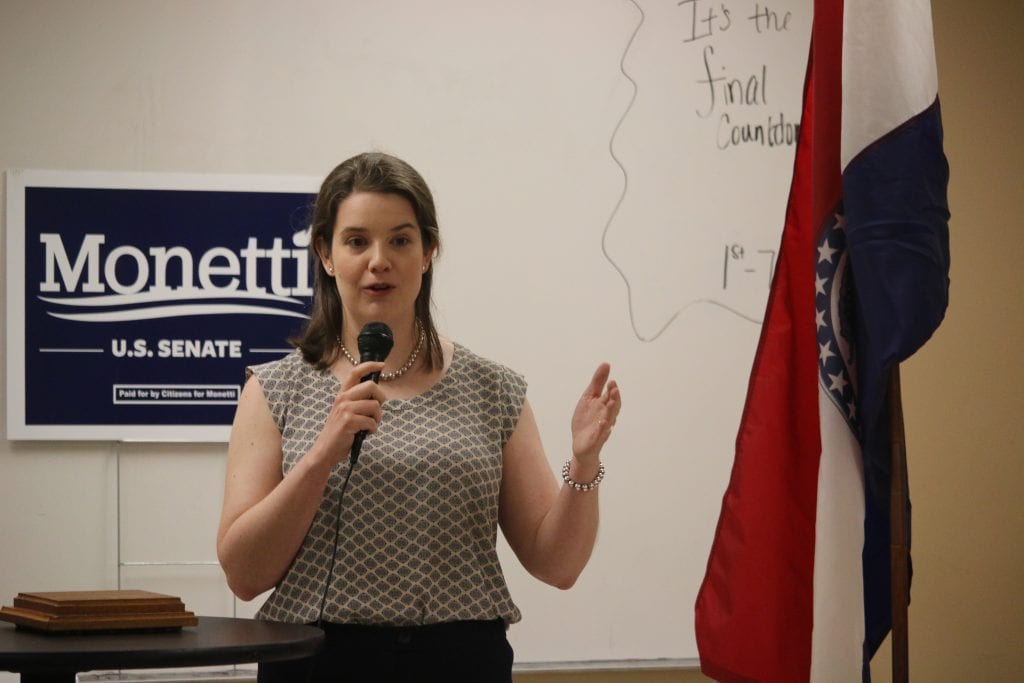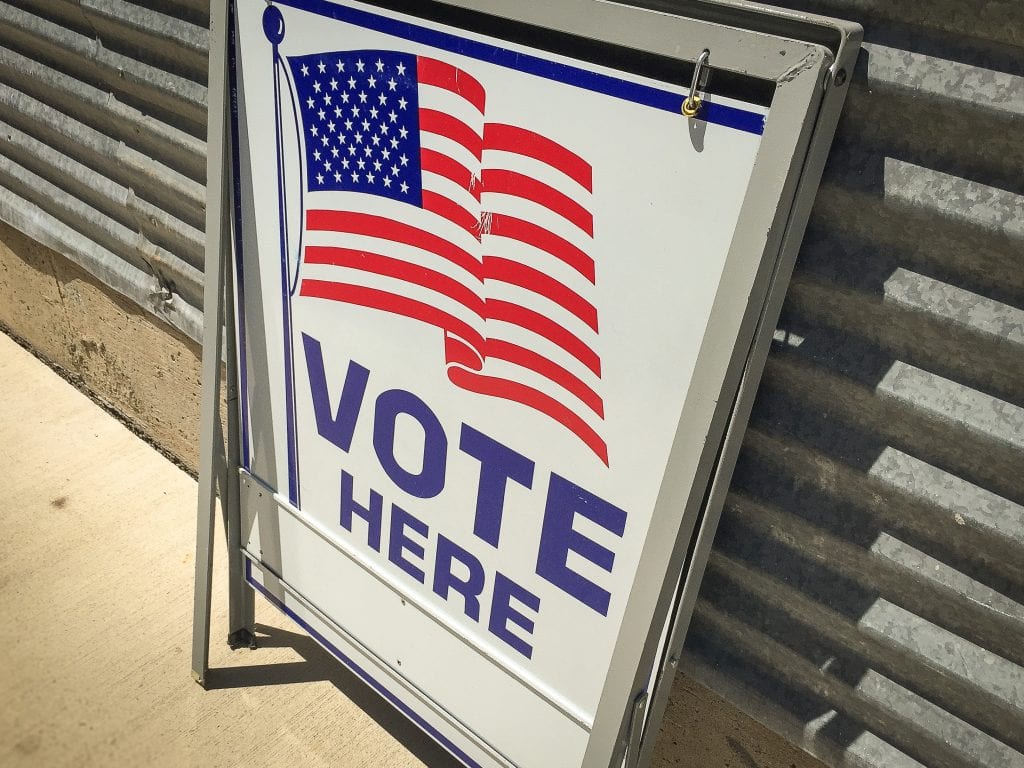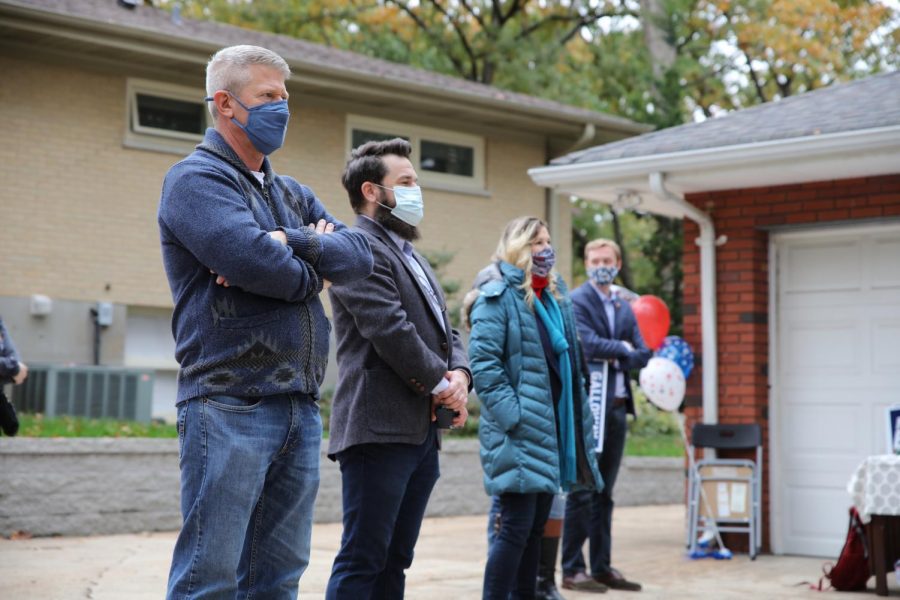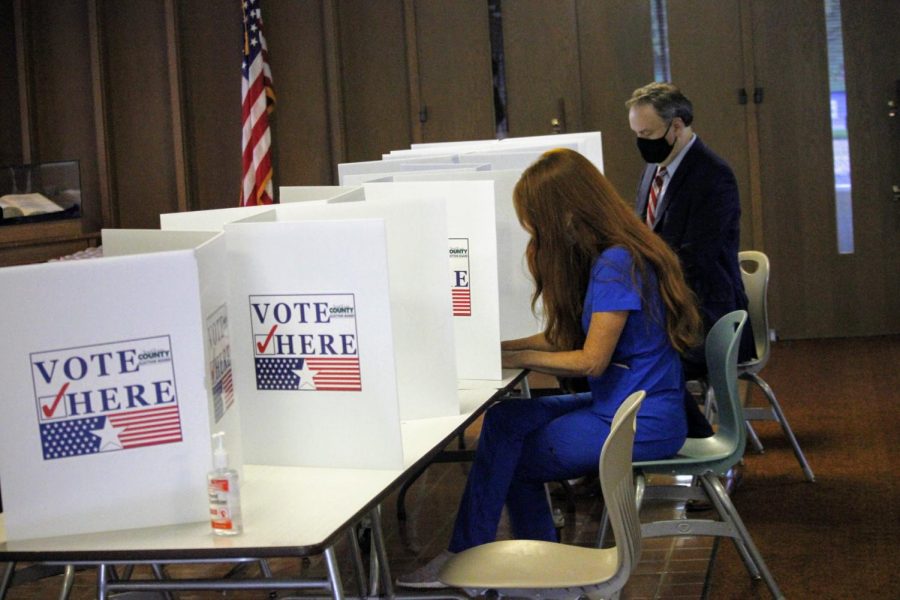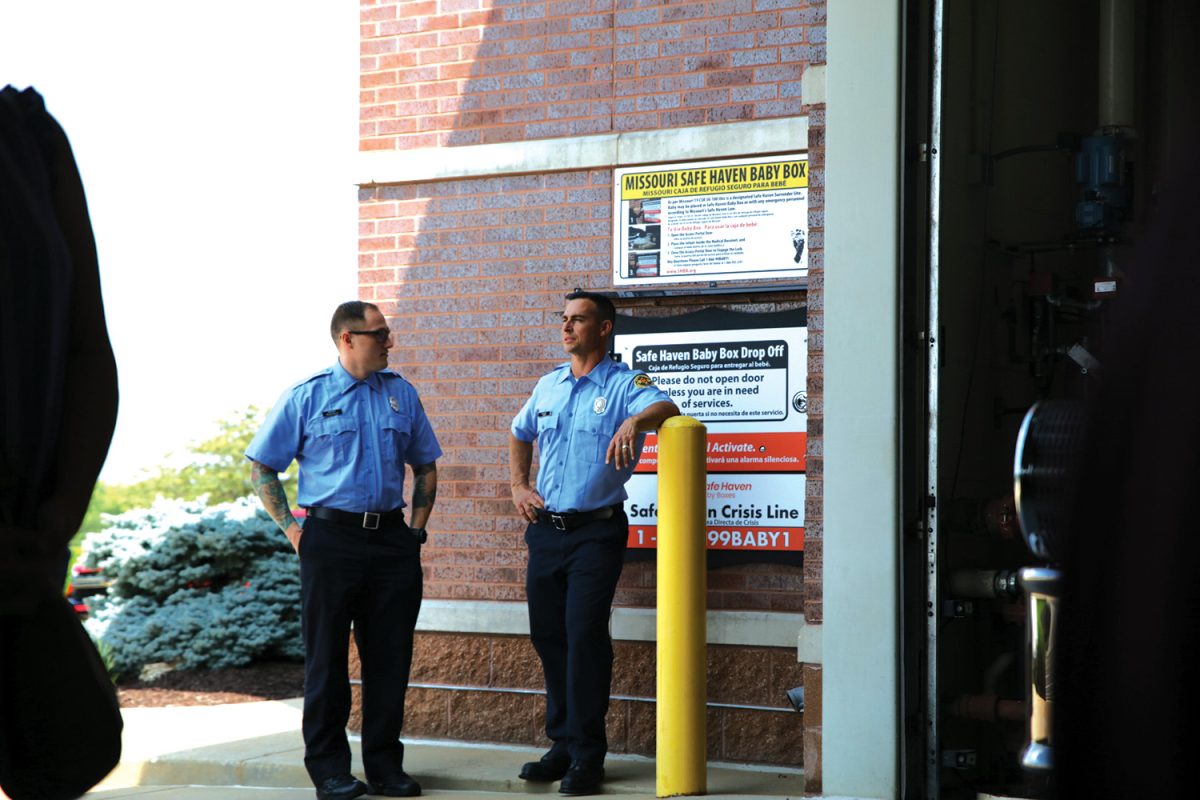Bills of major impact becoming law in their entirety Aug. 28 include: a bill strengthening prosecutorial and judiciary powers in dealing with those using the Internet to lure children into unlawful contact (SB 969); a bill establishing a Joint Commission on Terrorism. Bioterrorism and Homeland Security (SB 712); a bill extending the children’s health insurance program to 2007 (SB 923/HB 1926); a bill strengthening sex offender registry requirements (SB 1070); a comprehensive “new generation” agribusiness bill (HB 1348); and a bill expanding a utility bill assistance program (SB 810).
Lawmakers voted to place “emergency clauses” on 20 bills. These clauses, which require a two-thirds majority vote, place bills into effect as soon as they are signed. A Senate bill removing the statue of limitations on rape and sodomy charges earned passage early in this year’s session with an emergency clause and became law on March 6. Several portions of a Senate bill making sweeping reforms to Missouri election laws were placed into effect in June, with the remainder of the bill’s provisions taking effect tomorrow.
Still other measures contained referendum clauses, which sent the bills to voters for final approval. Earlier this month, voters defeated bills funding transportation and wireless emergency 911 systems.
Fourteen appropriations bills making up the state budget took effect with the July 1 start of fiscal year 2003.
Following the official May 30 adjournment of the regular legislative session, the governor had until July 14 to sign or veto bills. By Missouri’s Constitution, bills receiving no gubernatorial action (signature or veto) are treated as bills signed into law, though action was taken on each of this year’s measures passed by the Legislature.
After the secretary of state returned two bills unintentionally signed into law, the governor this year vetoed a total of seven bills and made line item vetoes in three budget bills. (Line item vetoes can only be made in appropriations bills.) The two bills originally signed but subsequently vetoed originated in the Senate. One bill dealt with legislative procedure, the other with standards for physical therapists. Neither of the sponsoring senators are expected to challenge the manner in which their legislation was vetoed, or the veto status itself.
Lawmakers can override gubernatorial vetoes with a two-thirds majority vote in both chambers of the Legislature, though such action is rare. Only seven vetoes have been overridden since Missouri earned statehood in 1821. The intent of vetoed bills can be reintroduced in a subsequent legislative session.
The General Assembly convenes for its annual veto session on Sept. 11, an anniversary day of national impact duly noted by Missouri’s lawmakers and all Americans.
















